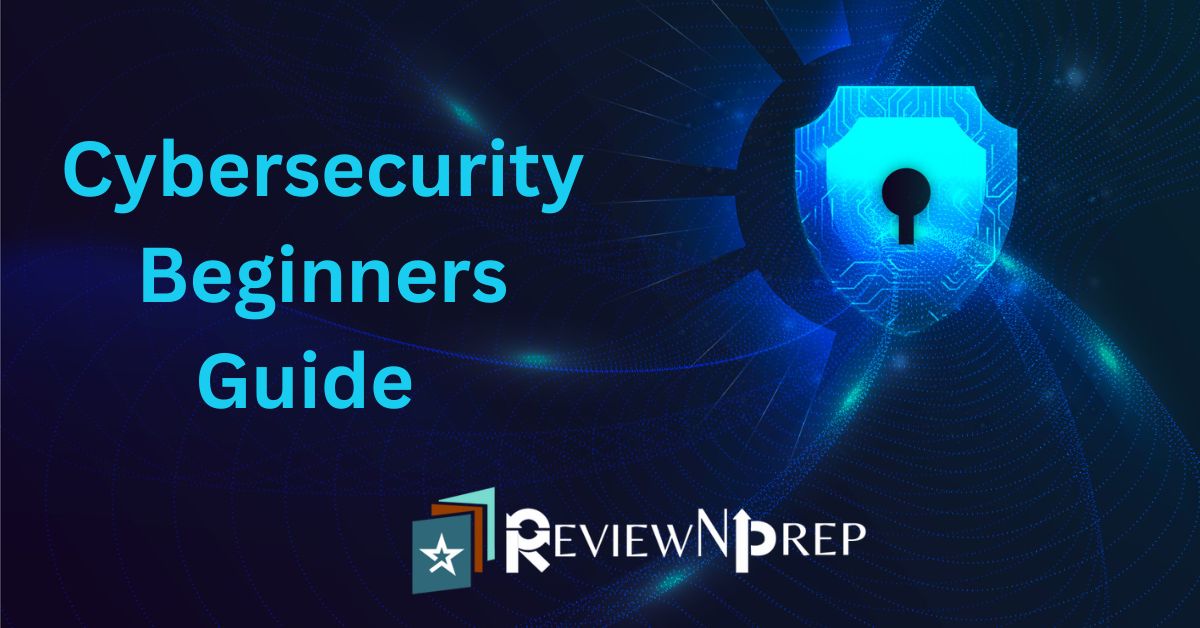|
|
Cybersecurity is Important!
Everything is online – from our pictures, location, personal data to bank details. We are available to everyone, anywhere-unaware of the fact that one can access our data from any part of the world.
Every day there are more devices connected to the internet and it is not going to slow down.
It is essential to secure ourselves online, and cybersecurity is a must.
A cyber attack can harm millions of people. Online services, state-run organizations, and many essential services provided to the users can be shut down in minutes.
What is Cybersecurity?
Cybersecurity is the technology and process that is designed to protect networks and devices from attacks, damage, or unauthorized access. Cybersecurity is essential for a country’s military, hospitals, large corporations, small businesses, and other organizations and individuals since data is now the cornerstone of any organization. If that data is exploited, then there are a lot of risks.
Some interesting and important Cyber Security facts:

- There is a Cyberattack every 39 seconds.
- 43% of cyber attacks target small businesses.
- Since COVID-19, the US FBI reported a 300% increase in reported cybercrimes.
- 9.7 Million Records healthcare records were compromised in September 2020 alone.
- Approximately $6 trillion is expected to be spent globally on cybersecurity by 2021
- 95% of cybersecurity breaches are due to human mistakes.
- More than 77% of organizations do not have a Cyber Security Incident Response plan.
- Most companies take nearly six months to detect a data breach, even major ones. (Source)
Considering the above facts and figures, a career in cybersecurity can be a win-win situation for you.
Cybersecurity engineers are some of the highest-paid positions worldwide. Unfilled cybersecurity jobs worldwide are already over 4 million.
As companies large and small struggle to counter the increasing cyber threats, jobs in the cybersecurity field are growing fast.
According to the U.S. Bureau of Labor Statistics (BLS), information security analysts’ jobs will grow by 31% through 2029.
What’s the difference between Information Security & Cybersecurity?
Information security, also known as “InfoSec,” is about keeping data secure and confidential both in digital and physical form.
For example: protecting sensitive data in a physical filing cabinet may fall under the information security umbrella.
On the other hand, cybersecurity is only about protecting data stored digitally.
InfoSec and Cyber Security, the key difference is that Information Security typically includes blocking unauthorized access, modification, or damage. At the same time, cybersecurity usually involves preventing cybercrimes, threats, and digital fraud.
What’s the difference between Network Security & Cybersecurity?
Network security involves explicitly securing computer networks and assuring any data transmitted through them is not compromised.
While cybersecurity is a subset of information security, network security is a subset of cybersecurity.
Solutions that fall under network security include firewalls, anti-virus software, password protocols, multi-factor authentication, and virtual private networks (VPNs).
How to get started with Cybersecurity?
People with zero experience, both non-technical and technical backgrounds can start their Cybersecurity career with a little investment.
Many of the best security professionals bring non-technical backgrounds from English, pre-Med, or psychology majors to auto-mechanics, artists, and stay-at-home moms. In short, it is not necessary to have a computer science degree.
You just need to have dedication and passion for learning, and the patience to understand how the technology works.
Most people think it is all about hacking or breaking into systems, but cybersecurity is all about learning how the technology works and understanding the mind behind that technology, so one might say you also need to understand how people work.
Ther are a growing number of fields in cybersecurity that do not focus on solving technical problems but instead more human-focused problems.
There are many various paths you can concentrate on, from mobile device forensics and incident response to penetration testing, endpoint security, or security awareness.
Don’t worry about what path you ought to take initially. Give yourself time to play with and understand all the various technology options.
When starting:
- Learn the basics of administrating a system (i.e., computers). The two most common systems are Linux and Windows.
- Learning how to administer a Linux system from the command line, to include scripting, is a powerful skill that will help you no matter what path you take.
- Explore the basics of coding. It’ll definitely help.
- Begin with languages such as Python, Hypertext Markup Language (HTML), & Javascript.
- Discover how to configure, run and maintain common applications (computer programs), such as a web server, database, or DNS server.
- Learning how a network works is an invaluable skill. You don’t realize it, but you already have a network at home. Consider all the devices connected to your home Wi-Fi network and how you can secure it or how your connection is secure.
After acquiring some skills and knowledge, you should be able to find some practical work. It can be an internship or some project, but things will really speed up if you go for certification.
Why get Cybersecurity certified?
Certifications make you more competitive in the job market and get resumes noticed.
Preparing for a certification exam makes you go through every aspect of that area which helps you gain more knowledge and if you are able to clear the exam it boosts your confidence.
It’s clear that cybersecurity certifications are a sensible step for those looking to improve their skills, enhance their knowledge, validate their skills, and further their careers in the industry.
5 Cybersecurity skills for 2021:
1. Cloud security skills
Cloud security helps that the data stored on the cloud stays protected from potential theft or unauthorized access.
Cloud computing security includes a range of policies, technologies, tools, and frameworks-based skills that safeguard business data, infrastructure, and IPs associated with cloud computing.
2. App development security skills
Application security professionals need proficiency in the app development process, integrating and testing security features to safeguard the app against malicious attacks.
3. Risk management skills
Risk management skills are necessary for identifying, interpreting, and moderating a range of cybersecurity threats that can damage the company’s business operations.
4. Threat intelligence skills
Cyber threat intelligence skills require a mix of creativity, technical and analytical skills, and the ability to design reports showcasing the various evaluations and suggestions to minimize the potential threat’s effects.
5. Perimeter security skills
A cybersecurity professional should be aware of the importance of utilizing the best firewall protection to check unauthorized access to businesses’ databases.
The professionals need to possess in-depth knowledge of Intrusion Detection Systems (IDS) & Intrusion Prevention Systems (IPS).
Top Entry Level Cybersecurity Certifications for beginners
- Certified Ethical Hacker (CEH)
- Cisco Certified CyberOps Associate /CCNA Cyber Ops
- OSCP with PWK (Penetration Testing with Kali Linux)
- CompTIA Security+
- EC-Council Certified Security Analyst (ECSA): Penetration Testing
- CISSP: Certified Information Systems Security Professional
- CCSP: Certified Cloud Security Professional
- CISM: Certified Information Security Manager
Which Cybersecurity certification to go for?
The best cybersecurity certifications for beginners are the CompTIA Network+, CompTIA Security+, CompTIA CySA+, and the Cisco CCNA certifications.
Is cybersecurity right for you?
To figure out if cybersecurity is right for you, enroll in a free cybersecurity course to see what it feels like. While getting a job with zero experience in this field could be a challenge, so make sure if you have some hands-on experience. Our suggestion, develop your own side projects or do some freelancing just to gain experience.
IF you enjoy solving problems and figuring out “what happened or what can happen”, you can take a dip in this field.
Go through preparation journeys, connect with certified professionals to know the life of a cybersecurity professional.
Preparation journeys and certification reviews can be really helpful especially when starting out, look out for these in our blog section.
Still, have questions running on your mind? Stop overthinking! and ask an experienced professional.
You can ask questions from Cybersecurity professionals in our forums. We love to interact 🙂

